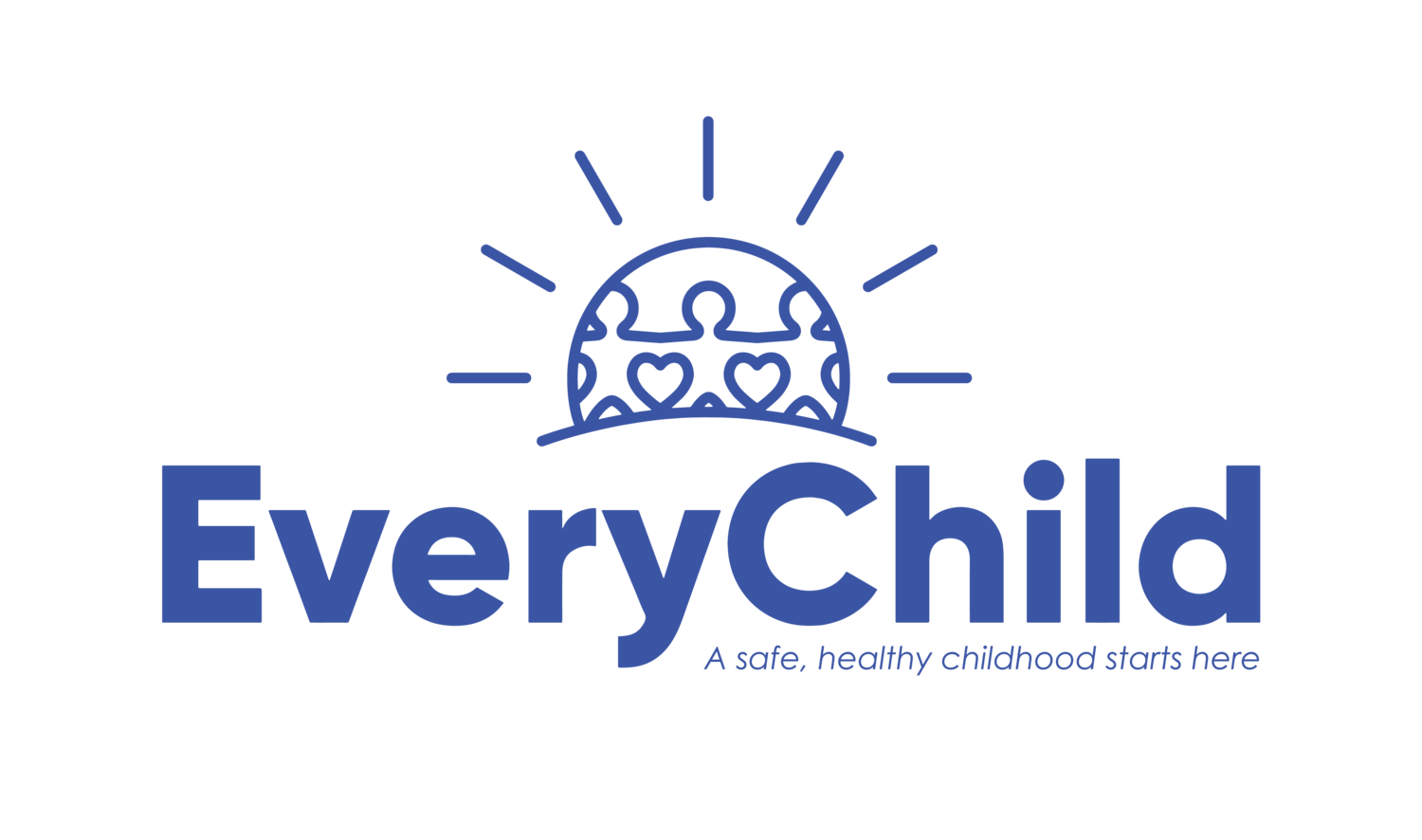What is Child Abuse?
Child abuse and neglect is defined differently in each state. Even Illinois and Iowa have different laws about child abuse and neglect, though we can all agree it is damaging to children and we must work together to prevent it.
Most commonly we see child abuse defined in these broad categories:
Child Neglect
Child neglect is failure of a caregiver to provide a child their basic needs. Neglect can be:
Physical (failure to provide food, shelter, supervision, etc.)
Medical (failure to provide necessary health or mental health treatment)
Emotional (failure to provide adequate support for a child's emotional needs)
Child Abuse
Child abuse covers many areas and can include:
Physical abuse (including any non-accidental physical injury)
Sexual abuse (including activities by a parent or caregiver such as fondling a child’s genitals, penetration, incest, rape, sodomy, indecent exposure, and exploitation through prostitution or the production of pornographic materials)
Emotional abuse (terrorizing, rejecting, isolating, ignoring, corrupting, etc., a child)
There are many other types of child abuse that will be categorized differently based on the situation. For example, an incident where a child is exposed to illegal drugs may depend on whether the child was being appropriately supervised when they ingested drugs, whether they were exposed prenatally to drugs, whether the child was present during the manufacturing of the drugs and many other considerations.
Child Abuse Indicators
There can be many indicators of child abuse and neglect but often times, as in the case of sexual abuse, indicators simply aren't obvious and may not exist at all.
Some common indicators include:
Change in behavior (children typically go to one extreme or other other, by either becoming very aggressive or very withdrawn)
Lacking adult supervision
Has unexplainable marks or bruises
Is frequently absent from school
Parents overtly reject the child
Parents show little to no interest in the child
It is important to remember that none of these alone means abuse is definitely occurring! We shouldn't jump to conclusions. However, we should be aware of the children around us, ask questions when something seems off and always report suspicions immediately.
Child Abuse Disclosure
Children often don't tell about child abuse for a lot of reasons. They may be scared, feel ashamed or they may not know what they are experiencing is wrong. Additionally, when children do tell about child abuse they are often not believed - it is important to always listen to children! We must also remember that child abuse disclosure is a process and very rarely a single event. Children will sometimes tell a bit of what they are dealing with at a time and it takes an adult truly paying attention to understand what message the child is trying to send. Download this tip sheet to learn how you can help a child during this difficult time!
Prevention & Resilience
Child abuse is 100% preventable! Learn more about how you are part of the solution here!
Receive training
Need mandatory reporter training? Both Illinois and Iowa now offer online Mandatory Reporter Certification Training:

